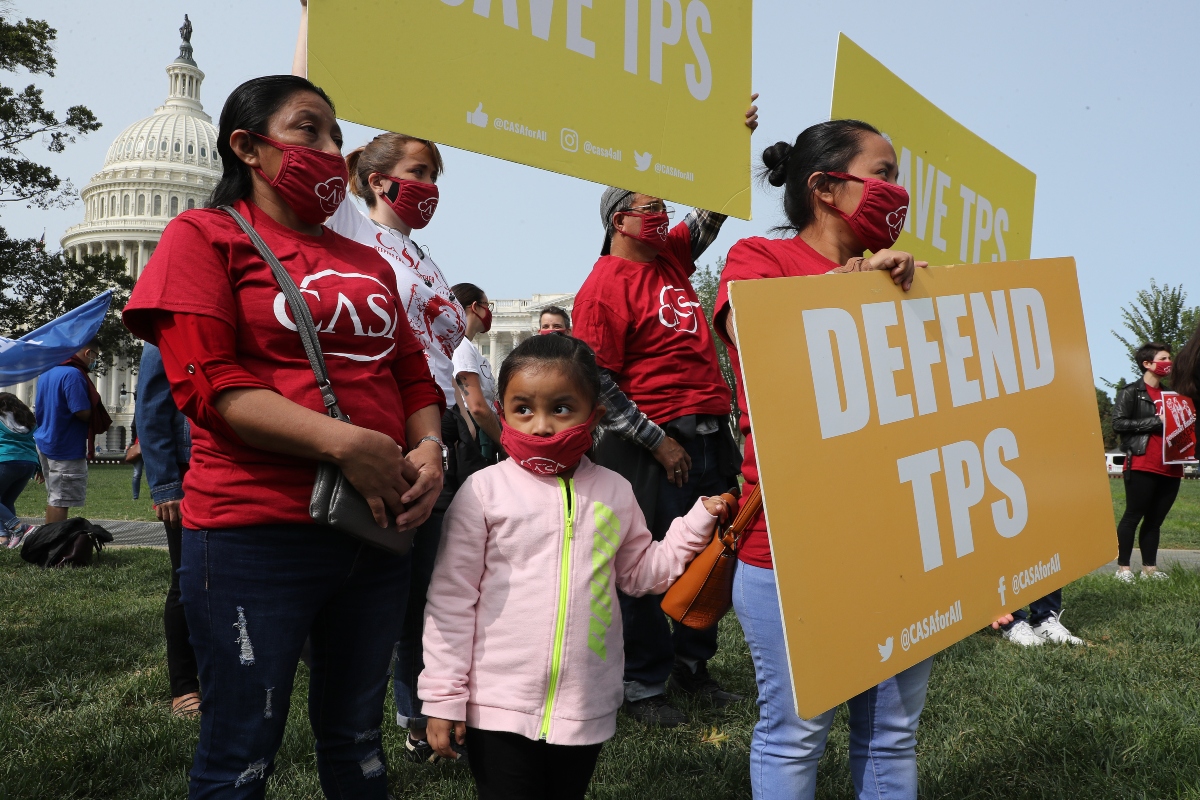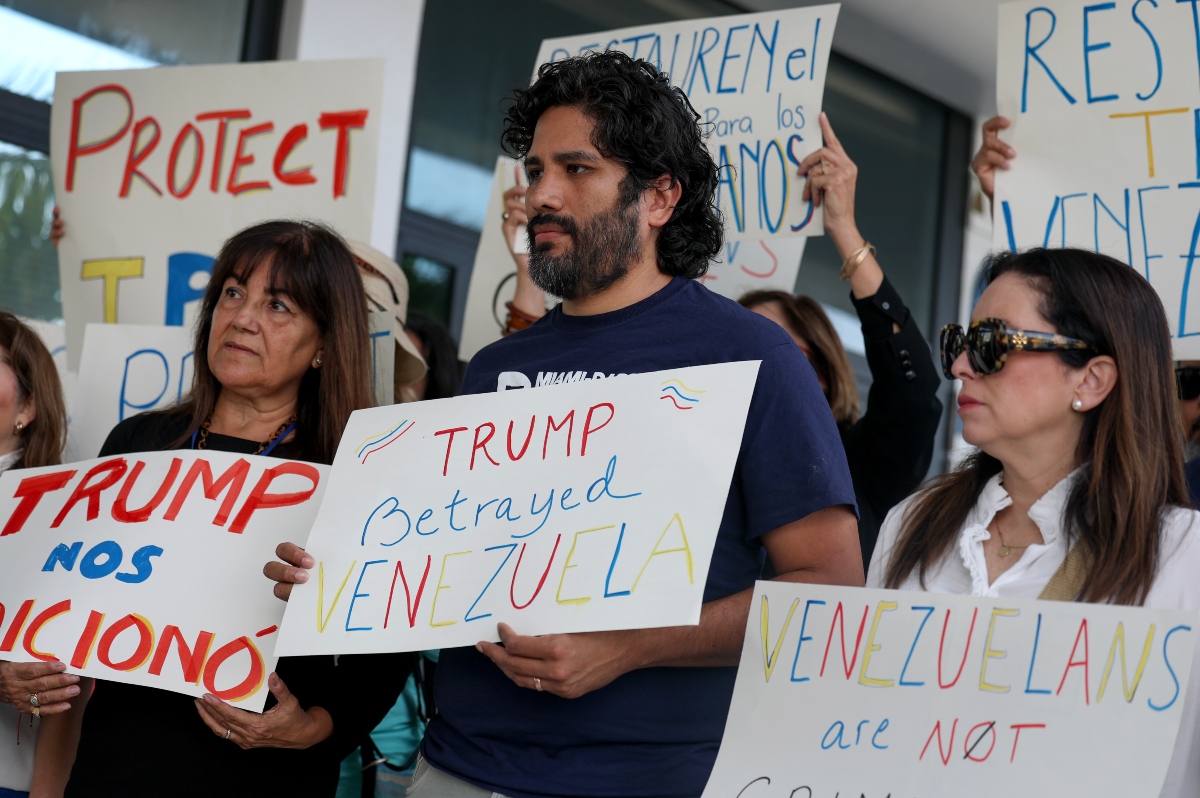On June 27, 2025, President Donald Trump’s Administration announced the termination of Temporary Protected Status (TPS) for approximately 521,000 Haitian immigrants in the United States.
This measure, which will take effect on September 2, 2025, revokes a previous extension granted by the Joe Biden administration in July 2024, which had extended TPS through February 2026.
What is TPS and why was it granted to Haiti?

TPS is a humanitarian program established in 1990 that allows citizens of countries affected by armed conflict, natural disasters or other extraordinary conditions to reside and work temporarily in the United States.
Haiti first received this designation in 2010 following a devastating earthquake, and has been renewed multiple times due to persistent political instability, violence and natural disasters in the country.
Government justification for terminating TPS

Homeland Security Secretary Kristi Noem argued that conditions in Haiti have improved enough to allow the safe return of its citizens.
In a statement, he said that this decision “restores the integrity of our immigration system and ensures that TPS is truly temporary.”
However, critics say Haiti continues to face serious challenges, including the lack of elections since 2016 and the control of much of the capital by armed gangs.
Impact on the Haitian community in the U.S.

The termination of TPS will profoundly affect Haitian communities in cities such as Miami, New York and Boston.
Many beneficiaries have lived in the U.S. for more than a decade, establishing families and contributing to the economy. The loss of TPS exposes them to deportation and family separation.
The Department of Homeland Security has urged TPS beneficiaries to use the CBP Home application to manage their return to Haiti.
Civil rights organizations and immigrant advocates are exploring legal options to challenge the decision, arguing that the revocation of TPS is arbitrary and lacks a sound legal basis.
Hace unos días el gobierno de Trump hizo lo mismo pero con hispanos de nacionalidad venezolana lo que desató muchas críticas y protestas
Considerations for the Hispanic community
Although this measure directly affects Haitians, it is part of a broader immigration policy that could impact other immigrant communities.
It is crucial that U.S. Hispanic immigrants stay informed about changes in immigration policies and seek legal advice to understand their rights and available options.
The termination of TPS for Haiti represents a significant change in U.S. immigration policy, with profound implications for hundreds of thousands of people.
It is essential that those affected and their communities are informed and prepared to face the challenges that this decision entails.
Find out more at ‘QueOnnda.com’.























